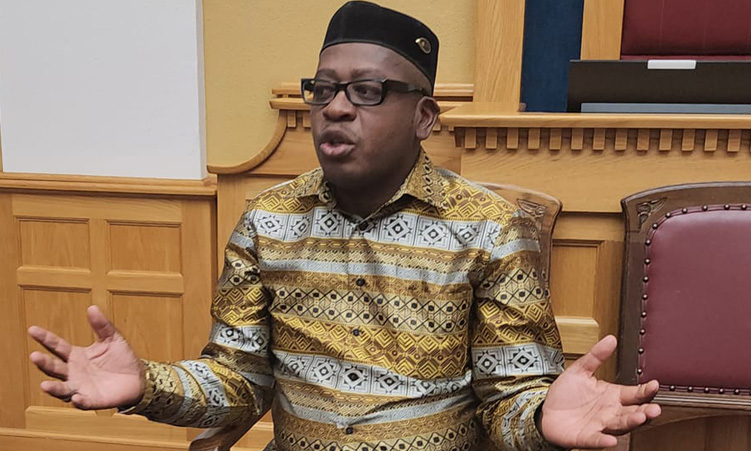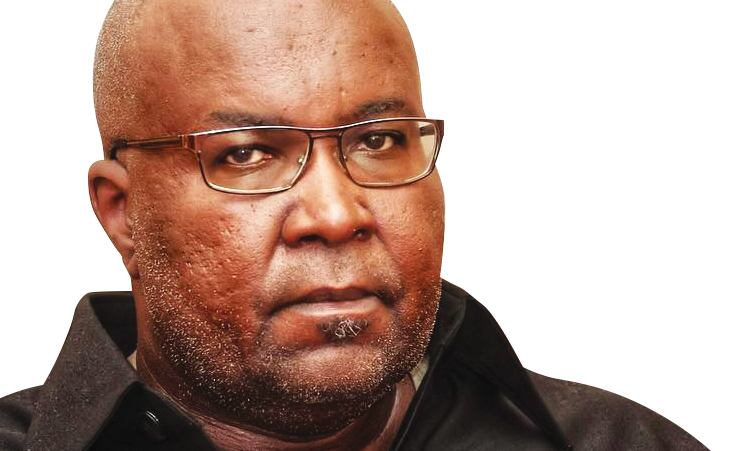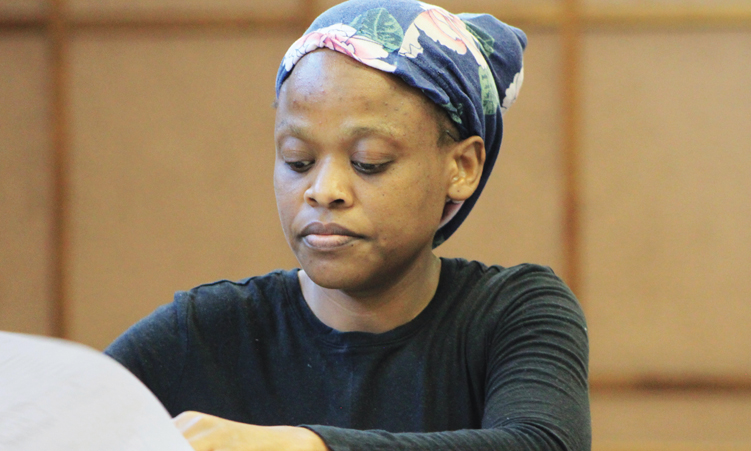The great Franz Fanon said “To speak a language is to take on a world, a culture”. We speak of equalising the language space in Namibia, what we have failed to do is to elevate the language space in our country to a time in which we are able to give our people the tools to emancipate themselves economically.
Best way possible way to do it in my slant is to translate the technical subjects that most of us find difficult like maths, sciences into indigenous or rather termed vernacular languages of our country. It is absolutely necessary to teach sciences in home languages for the youth to understand it and take it on board earlier and better. This is vital and key because as Fanon says, when we have done that we have then encouraged our people to take on the world of science and that becomes their culture. It is important that we do that so that an elderly man in the townships or a young lad in rural Omashekediva or Oikango area can walk into a library and be able to read and do research on science and understand maths, with the rudimentary ability of reading and writing.
There are however barriers to this. Someone needs to write the books in the home languages first, I am not sure they exist now. The youth face a deficit of incentives to study hard because Unam and Poly only take a certain number of students, leaving the rest in diaspora. Also there are other problems related to bringing economic freedom to the masses in Namibia. Even if we got to the situation of having our youth taught and able to read in their own languages and we get them through high school with the right passes and ready to learn a skill. When I say a skill I mean a trade – toolmaker, machinist, turner, fitter, maintenance engineer, plumber, electrical technician, automation engineer. These are the skills Namibians need, this is where we will solve our massive unemployment problem, but here is the hidden problem. The current majority of artisans who could be the teachers of these skills in Namibia are white. Either English or Afrikaans speaking, many times these people are reluctant to teach at State-owned institutes. The others who do not mind are becoming fewer and older and every year lost to the training schools and colleges needed to train the youth. This adds to the travesty as they are becoming scarcer and scarcer. Twenty-four years has been too long, too much time lost, we are now at the point of no return in my opinion.
The challenge of language is indeed a very pertaining one. This is the tragedy of what is happening here in Namibia. To solve the problems we all need to work together, black, white and coloured to recognise each other’s strengths and weaknesses and build a country together. The point is that our youth, even if taught in their own language and even if they reach the right educational level, it will result in nothing unless they can learn a skill they can sell to industry. The white people of this country like it or not have the skills. To go with our founding father’s vision we need a system that pulls those white people in to passing their skills on to us the youth. Without skills these industries will not operate or run, unemployment will remain high. Unless we train the youth and give them skills, the economic gap will continue to get wider and wider, the longer it takes, the more expensive the white artisans get to be worth as they become fewer each year and firms desperate for skills pay higher and higher. We need to equip our masses with the skills our country needs as a matter of urgency. The language issue is probably the most effective way of addressing the problem, albeit long-term.
Short-term we need to find a way of ensuring that our learning institutions are producing graduates employers actually want and need. Ultimately, we can’t afford the current situation where students are graduating only to sit at home unable to find employment.? The wealth gap is actually a skills gap and until the government understands this and takes urgent and drastic steps to fix it, the situation gets worse year after year.? Not all of our people can be graduates from a university either. There is nothing wrong with doing an apprenticeship and climbing the ladder that way. After all, every employed artisan creates another 20 jobs downstream ranging from material suppliers, stationary suppliers, office staff, sales staff…
Stay informed with The Namibian – your source for credible journalism. Get in-depth reporting and opinions for
only N$85 a month. Invest in journalism, invest in democracy –
Subscribe Now!










